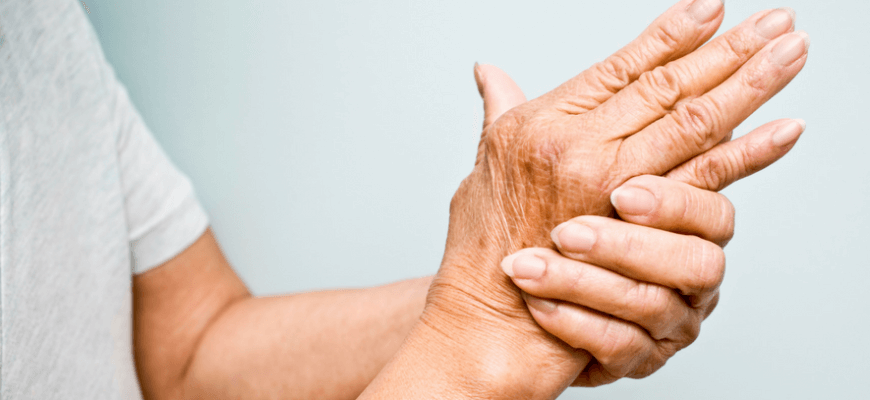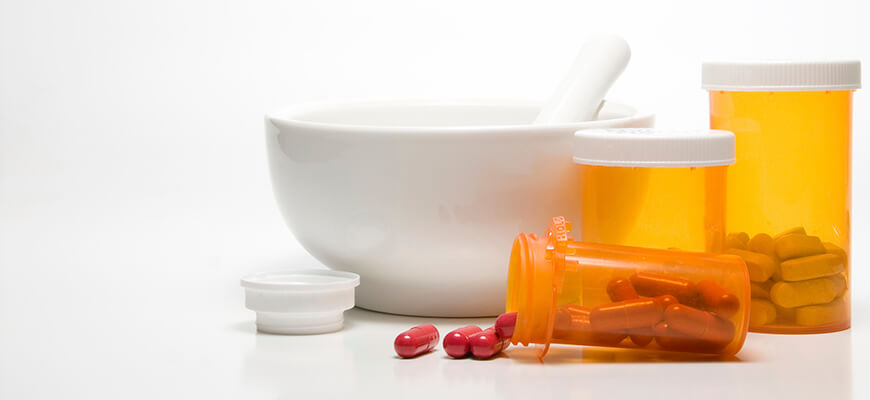How to keep your heart healthy (and your waistline trim) at holiday meals

Follow these simple tips to keep your heart healthy during the holiday season.
Bring out the fruits and vegetables
Focus on pumpkin, carrots, sweet potatoes or other orange vitamin-packed vegetables. Greens such as broccoli, spinach and collard greens all pack vitamin power too. Serve colorful raw veggies with low-fat dip as an appetizer.
Make smart substitutions
Use fat-free, low-sodium chicken or vegetable broth to moisten dressing. Use olive oil in place of butter or margarine. Mash potatoes with nonfat sour cream and low-fat milk. Use fat-free non-dairy creamers or evaporated skim milk instead of cream when you bake.
Don’t starve yourself until your holiday dinner
Have a healthy breakfast so you don’t load up at the big meal. When you sit down to eat, try just a little bit of everything and go easy on second helpings and dessert.
The benefits of exercise
Take a walk after dinner, or exercise sometime during the day to offset meal calories. Several studies have shown that moderate exercise after a fatty meal helps prevent fat from affecting your arteries. Take a 45-minute walk two hours after a high-fat meal, or three 10-minute walks over a three-hour period. But always check with your doctor before you increase your activity level, especially if you have medical problems or have been inactive. So, enjoy your meal, but prepare it with less fat and walk it off afterwards. Your arteries and your waistline will thank you.
September is Healthy Aging Month – Reinvent Yourself!

Think it’s too late to “re-invent” yourself? Think again. According to Carolyn Worthington, editor-in-chief of Healthy Aging Magazine and executive director of Healthy Aging®, it’s never too late to find a new career, a new sport, passion or hobby. Worthington is the creator of September is Healthy Aging Month, an annual health observance designed to focus national attention on the positive aspects of growing older. Now in its second decade, Worthington says September is Healthy Aging Month provides inspiration and practical ideas for adults, ages 45-plus, to improve their physical, mental, social and financial well-being. read more →
Top 15 Reasons To Use Apple Cider Vinegar Every Day

An apple a day keeps the doctor away is a very famous saying. Now, you can add a new twist to this saying by replacing the apple with apple cider vinegar. A daily dose of apple cider vinegar is also very effective in keeping the doctor away. It is a quick and effective ingredient for your hair, skin, cleaning coffee makers, removing coffee and tea stains from ceramic cups, polishing armor, killing weeds, making pickles as well as used for salad dressing. Apple cider vinegar is such a useful ingredient that you cannot resist the use of this ingredient every single day. It is not just used for helping you out in the kitchen and for cleaning things, but it also has many natural benefits. It is rich in calcium, potassium, magnesium, copper, phosphorus, sodium and fluorine. It is also rich in vitamins like A, B1, B2, C, E, pectin and bioflavanoid. It is such a useful ingredient that you need to use it in your daily routine. read more →
Eat Right for Your Type of Arthritis

Learn about the foods that may help ease pain and inflammation and slow disease activity.
When you have arthritis or a related condition, getting the right nutrients can help to alleviate pain and inflammation and positively affect overall health. Research suggests that what you eat may influence the progression and symptoms of certain types of arthritis and related conditions.
Although there is no magic potion at the supermarket, studies have shown that certain foods have anti-inflammatory properties and specific benefits for rheumatoid arthritis (RA) and other inflammatory forms of arthritis, osteoarthritis, gout and osteoporosis symptoms. read more →
Stress Management – Ways to Avoid Stress

Stress is a part of life, and you can’t always avoid it. But you can try to avoid situations that can cause it, and you can control how you respond to it. The first step is knowing your own coping strategies. Try tracking your stress to record stressful events, your response to them, and how you coped.After you know what is causing your stress, try making some changes in your life that will help you avoid stressful situations. Here are a few ideas: read more →
Sleep & Heart Disease

Exercise and eating nutritious foods aren’t the only things that can help increase heart health; sleep is also a factor. The better night’s rest you get, the healthier your heart will be. According to a 2011 study by the American Heart Association, poor sleep quality is linked to an increased risk of high blood pressure, a potential cause of heart disease.
“Our study shows for the first time that poor quality sleep puts individuals at significantly increased risk of developing high blood pressure,” said Susan Redline, M.D., the study’s co-author, in a statement. read more →
Diet and Physical Activity: What’s the Cancer Connection?

How much do daily habits like diet and exercise affect your risk for cancer? Much more than you might think. Research has shown that poor diet and not being active are 2 key factors that can increase a person’s cancer risk. The good news is that you do something about this. read more →
Tips for Better Heart Health

Your heart works hard for you nonstop for your whole life. So show it some TLC. Making small changes in your habits can make a real difference to your ticker.
“It’s like finding the fountain of youth,” says Donald Lloyd-Jones, MD, of Northwestern University’s Feinberg School of Medicine. “People who follow these steps not only live longer, but they also spend a lot more time healthy, without cardiovascular disease.”
Even better? You don’t have to work on all 10 steps at once. Even if you improve just one or two of these areas, you can make yourself less likely to get heart disease. Of course, the more tips on this list you follow, the better. So let’s get started. read more →
Five ways you can help when a friend’s child is diagnosed with cancer

Say something
With something as shocking and momentous as a childhood cancer diagnosis, friends often simply do not know what to say. They may be frightened of saying the wrong thing and causing more upset or they may find the whole situation just too upsetting.
However, to say nothing at all will only make things worse for a family already devastated by the news. You cannot go wrong with the simple words, whether in person or via a text message: “I’m so sorry to hear this. I am here for you.” It will mean a lot.
Bring food to the hospital or home
Immediately following a cancer diagnosis, the child will have a prolonged period in the hospital while they begin chemotherapy treatment, which may then be followed by treatment at home with intermittent care in the hospital. Parents will often take turns staying with the child while caring for other siblings at home. It is a time of chaos and stress.
Pay a visit
If you can visit do so, whether just as a shoulder to cry on or with much-needed practical help.
Dealing with a childhood cancer diagnosis can be isolating and lonely for parents, particularly if one or both has to give up work in order to care for their children. If you can visit do so. Check first to make sure it is a time when it is ok for the child on treatment to have visitors and bring your own kids around to entertain or come armed with sticker books and puzzles.
Don’t ask, just do
People are generally useless at asking for help and the kind offer of “Do let me know if there is anything I can do?” is rarely taken up. So be proactive. Cook meals, take magazines, toys, games to the hospital, offer to babysit, or take the kids to the park, tidy your friend’s house while they are in the hospital.
Think what chores need doing and just do them. I have got a lot better at asking for help when on verge of a breakdown, but still often feel like I don’t want to put people out.
Be there months down the line
A childhood cancer diagnosis changes a family forever.


